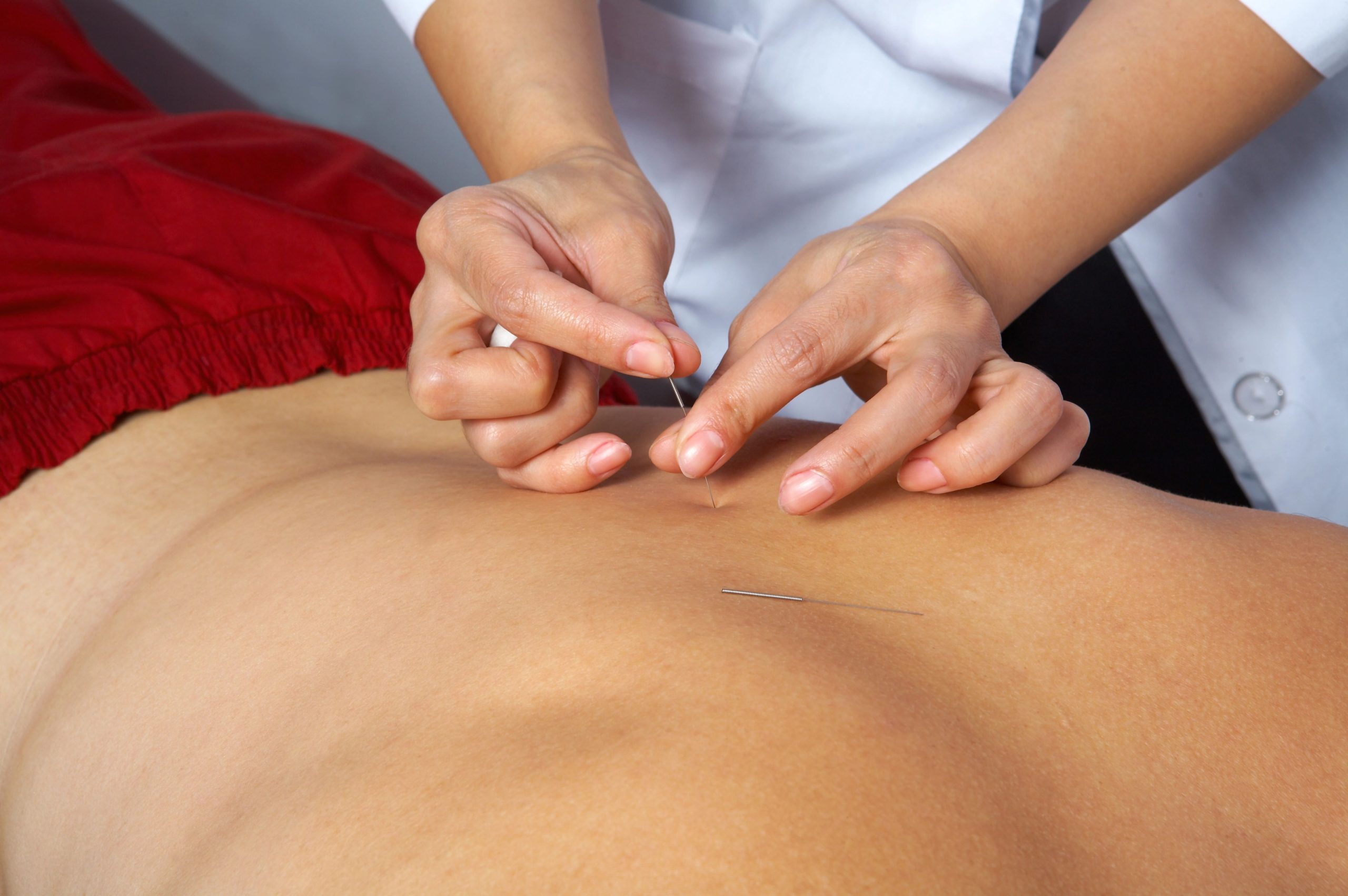
Dry needling and acupuncture involve the use of fine needles and share similarities, yet they differ in fundamental principles and applications. Understanding these differences is pivotal in determining the therapy that best aligns with your requirements. In this guide, we will examine dry needling and acupuncture, shedding light on their distinct characteristics and how each can serve your well-being.
What Is Dry Needling?
Dry needling is a therapeutic technique primarily aimed at addressing muscular pain and dysfunction. This involves the insertion of thin needles directly into trigger points or knots within muscle tissue. The core objective is to release tension, enhance blood circulation, and stimulate the body’s innate healing mechanisms.
How Does Dry Needling Work?
Dry needling concentrates on specific trigger points connected to muscle pain or dysfunction. These trigger points are typically tight bands of muscle fibers responsible for referred pain or discomfort. By precisely inserting fine needles into these trigger points, a proficient practitioner can alleviate tension, mitigate pain, and enhance mobility.
Conditions Treated with Dry Needling
Dry needling is frequently employed to effectively manage a variety of musculoskeletal conditions, including muscle soreness, stiffness, myofascial pain syndrome, sports-related injuries, and chronic pain conditions.
What Is Acupuncture?
Acupuncture is an ancient Chinese therapy rooted in the notion of harmonizing the body’s vital energy, known as Qi. This involves inserting fine needles at specific acupuncture points along energy pathways referred to as meridians. The ultimate aim is to restore balance and promote overall well-being.
How Does Acupuncture Work?
Acupuncture practitioners believe that imbalances in the flow of Qi can lead to various physical and emotional ailments. By inserting needles at precise acupuncture points, they intend to unblock energy pathways, stimulate the body’s inherent healing response, and reestablish equilibrium.
Conditions Treated with Acupuncture
Acupuncture is celebrated for its remarkable effectiveness in addressing a wide spectrum of health concerns, including chronic pain conditions, stress, anxiety, digestive disorders, fertility-related issues, and various other ailments.
Dry Needling vs. Acupuncture Considerations
If you seek relief from muscular pain, stiffness, sports-related injuries, or specific localized issues, dry needling may align with your needs. It is a focused therapy that directly targets muscular concerns, often involving shorter and more frequent sessions based on the condition being treated.
If you desire a holistic approach that addresses both physical and emotional well-being, acupuncture may be a more suitable choice. Acupuncture aims to balance energy and enhance overall health. Sessions may encompass a comprehensive assessment and a broader range of conditions.
Choosing the Right Therapy for Your Well-Being
In the deliberation of dry needling vs. acupuncture, your choice ultimately hinges on your unique needs and objectives. While dry needling specializes in addressing muscular concerns, acupuncture offers a holistic approach to achieving energy balance and holistic well-being. It is imperative to consult with a qualified practitioner who can assess your condition and recommend the most suitable therapy. Both dry needling and acupuncture contribute to the world of holistic healing and personalized care, each with its distinct strengths and potential benefits.